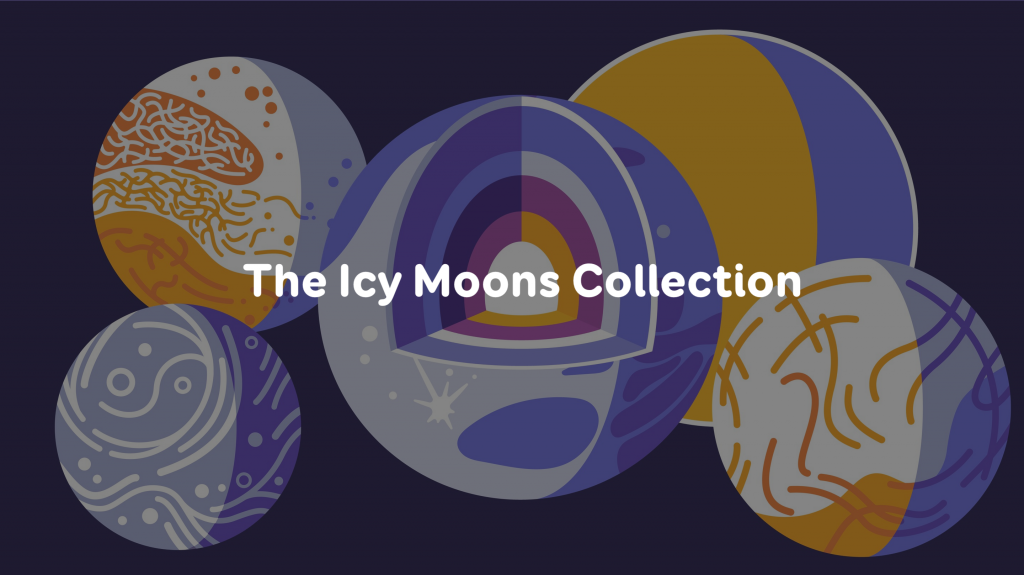Europlanet Outreach and Education
Objectives of Europlanet outreach and public engagement
The Europlanet Society’s outreach activities aim to raise the profile of planetary science amongst European citizens, policy-makers, industry and the media, and support planetary scientists in engaging different audiences with their research. The Europlanet 2024 Research Infrastructure (RI) project, and planetary science research in general, are funded through public money and are publicly accountable.
Why engage with planetary science?
Planetary science has a direct relevance to our understanding of our own planet, its origins, its past and future evolution, the conditions needed for life, and threats from our space environment, such as solar storms or Near-Earth Asteroids. Europlanet aims to engage European citizens in dialogue about this research and to communicate the scientific, social, economic and cultural impact of planetary science.
Exploration and planetary science can act as a hook to inspire the next generation to pursue careers in science, technology, engineering, arts and mathematics (STEAM). Europlanet aims to create and curate high-quality teaching resources and activities for use in classrooms and informal learning settings.
Educational Resources
Europlanet provides resources to support the use of planetary science to inspire and engage students and teachers with STEM.

Outreach Services
The Europlanet Society and Europlanet 2024 RI offer the following services to support outreach and education initiatives within the planetary science community:
- Training: we run workshops to equip planetary scientists with the skills to convey their work effectively to different audiences and support members of the outreach community to develop their own training workshops to deliver via the Europlanet Regional Hub network.
- Best practice: we coordinate sessions and workshops to share knowledge within the community. Our annual meeting, the Europlanet Science Congress (EPSC), includes several sessions related to different aspects of outreach and education in planetary science.
- Prize: we award an annual prize for public engagement in planetary science.
- Funding Scheme: we provide seed funding for new and innovative outreach projects.
- Europlanet Evaluation Toolkit: we have developed easy-to-use evaluation tools to help assess the impact and outcomes of education and outreach activities.
- Resources: we are collating some of the best outreach and education resources related to planetary science to share with the community. From 2020-2024 we are also developing new educational resources related to the activities of Europlanet 2024 RI and the planetary science community, with the aim of making these accessible in multiple languages.








